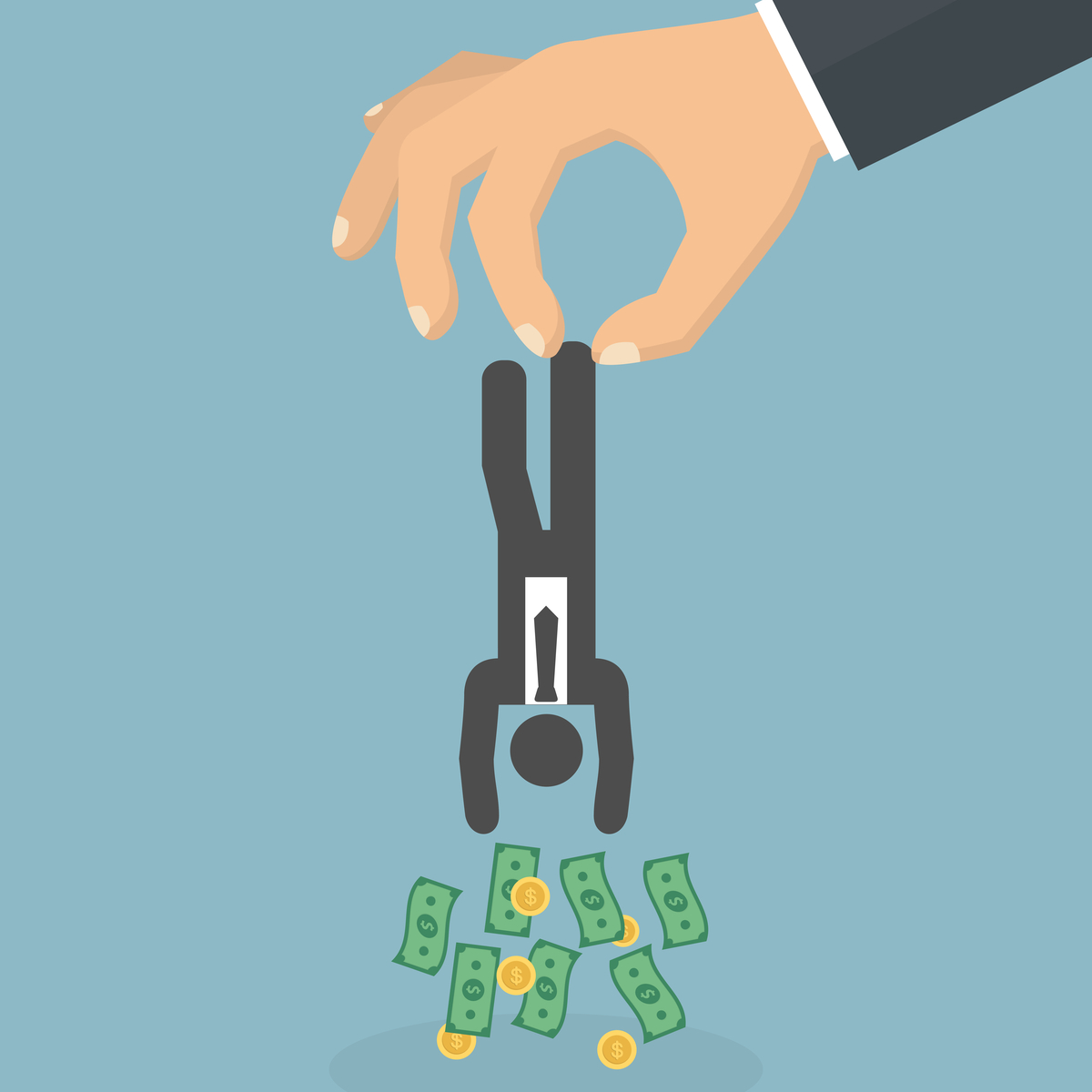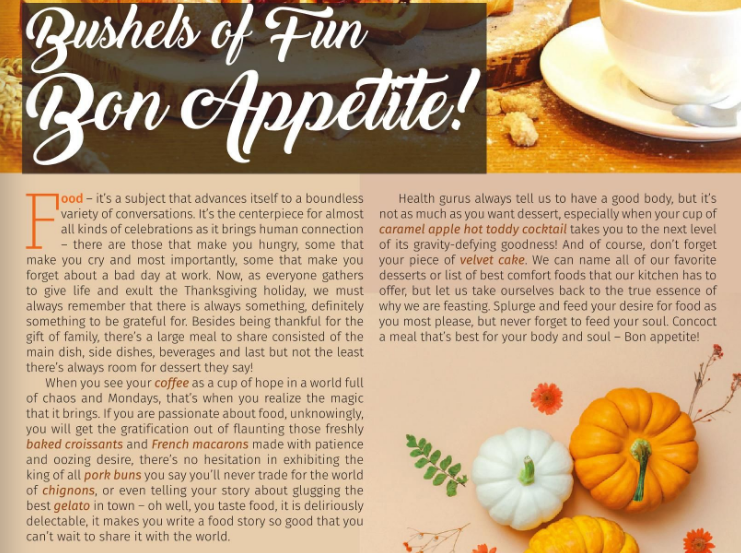Scroll down for updates
On this blog and elsewhere, I spend a lot of time warning about junk book marketing services: so-called marketing and promotional services that are cheap to provide, but can be sold at a big markup, and for the most part are of little worth for book promotion or can more effectively be done by the author him/herself. Some examples: press releases, email blasts, book trailers, book fair display, social media setup, and social media advertising.
All these and more are hawked to writers at exorbitant prices by assisted self-publishing companies like the various Author Solutions imprints–and also, increasingly, by their scam imitators. Either way, they’re a ripoff…but the scammers demand even bigger fees, tell even bigger lies, and deliver even more shoddy results. And that’s when they’re not just taking your money and running.
A few weeks ago, I focused on pay-to-play radio interviews–another junk marketing service–and why they’re not worth the huge fees charged by providers. This week, I’m going to talk about pay-to-play magazines. (You’ll note that all the companies discussed below are on my Big List of Publishing and Marketing Scams.)
Have you ever received a solicitation like this one?

Or this one?

Or this one?

Of course the books haven’t undergone “extensive evaluation”, or been “carefully chosen”, or showed to “a team” that “really like[s] your vision”. Such solicitations are just spam, blasted out to addresses scraped from the internet or stolen from self-publishing company customer lists.
Nor are these real magazines, in the sense of publications that are widely available to the public. Instead, they’re collections of ads, interviews, and “feature articles” sold to writers at huge prices, sometimes interspersed with general interest pieces (often really badly written) or, in the case of New Reader Magazine, with fiction, poetry, and art. These “publications” are never circulated in any meaningful sense; they may be posted online, but their primary mode of distribution is from tables in company booths at book fairs…where many of the authors buying ad or interview space have already paid a premium for display.
The prices the faux magazines charge for placement can be enormous. For instance, here’s the “Executive Full-Spread Ad” from Paperclips Magazine, which is owned by (not “partnered with” as claimed in its solicitation email) publishing and marketing scammer Legaia Books:
A “Showcase” full-page ad costs $3,698 ($2,218.80 on sale), and a “Premier” half-page ad clocks in at $2,599 ($1,299.50 on sale). Paperclips‘ parent company, Legaia Books, also sells publishing and marketing services at high prices, using deceptive sales tactics to target small press- and self-published authors.
Here’s one writer’s not very satisfactory experience with Paperclips. I’ve gotten emails from many others.
New Reader Magazine–which looks quite legit if you don’t know better–is owned by New Reader Media. Though the magazine actually appears to provide small payments for content acquired via general submission, it charges anywhere from $5,000 and up for the magazine feature and “partnership” mentioned in its solicitation email. Like Legaia, New Reader Media also sells publishing and marketing services at gigantic prices, as well as book-to-screen services (always a scam).
New Reader has accumulated some online complaints due to its aggressive solicitation and poor performance. It has also been caught making false claims, such as that it was responsible for Christopher Paolini’s bestselling novel Eragon being made into a movie.
The Christmas magazine that’s the subject of EC Publishing’s solicitation can be seen here (if you’re brave, you can also check out the Las Vegas Edition, produced for the Las Vegas Book Festival). Like most of the pay-to-play magazines, it’s a compilation of author-purchased ads and features, laughably badly-written general interest articles, and a smattering of actual advertising. Prices for inclusion range from a few hundred to several thousand dollars, depending on how much space is purchased.
Thanks to its aggressive soliciting, EC Publishing is the subject of a warning from the Australian Society of Authors.
Authors Press’s Authorial magazine has its own website (note the “notice of non-affiliation and disclaimer” that pops up if you linger on the home page: the scammers read Writer Beware). Writers can buy a spot in the magazine, starting at fees of a few hundred dollars; ad space or “features” are also included in some of the more expensive promotional packages Authors Press offers.
Authorial’s BEA 2019 issue consists of more than 75 pages of author ads, interviews, and excerpts. Just imagine the thousands of dollars in revenue generated by all those pages, some of which include ten or more ads. Also have a peek at Authorial’s gallery page, which features photos of the dozens of books displayed in Authors Press’s BEA booth. In 2019, writers were being charged anywhere from $1,000 to $3,500 for presence in the booth, depending on what level of activity they chose. Now multiply all of this by the seven book fairs Authors Press attended in 2019. It’s not chump change.
From URLink Print and Media comes Harbinger Post. Like the others, it’s nearly all paid content, interspersed here and there with staff-written features. Here’s an example of the caliber of that writing:
Other scammy publishing and marketing companies that sell space in proprietary magazines (I’ve received multiple complaints about all these companies):
Global Summit House: Global Summit House
Litfire Publishing: WayFairer
AuthorCentrix: AuthorCentrix Magazine
Stonewall Press (defunct): GoldCrest Magazine
Best Books Media: Best Magazine
The Universal Breakthrough: The Universal Breakthrough
Crown Books NYC: Scribs
Print advertising is expensive, and how useful it is for book marketing is an open question. But if it is to be effective at all, it must offer the possibility of being seen by a large audience of potentially interested readers and buyers.
That means circulation, subscriptions, and quality content beyond mere advertising–not ad-stuffed, error-ridden, proprietary publications whose only exposure to the public is a “free, take one” stack on a side table in a book fair booth. Even if the ad slots weren’t insanely expensive–and even if writers didn’t have to pay for what real magazines never charge for, such as interviews–buying space in these fake publications would be a waste of money.
Writer beware.
UPDATE 1/29/20: It’s not just scammers that run this kind of racket. Via its PW Select – BookLife feature (which I discuss here and here), industry magazine Publishers Weekly has begun to sell a “very special” service:
These prices rival the scammers’. And the promise of print exposure is not quite what it seems. Per PW’s Q&A explainer, the interviews appear not in the body of the magazine, but in “PW’s BookLife supplement, which is published the last week of each month bound into that week’s issue of Publishers Weekly“. In other words, easy for readers to ignore or skip over.
PW actually has the wide circulation and industry audience the scammers only pretend to. But given the huge fees and the segregation of the interviews in a separate supplement–not to mention the open question of how useful any kind of print advertising is for book marketing–there’s more than a whiff of the same kind of exploitation here.
UPDATE 1/28/23: Some of the pay to play magazines discussed above no longer exist, but others have risen to take their place–all from scam companies that are on Writer Beware’s overseas scams list. For instance, Writeist from Writers Book Fair and Literary Today from Brilliant Books Literary.
These magazines, which include dozens of features, interviews, and ads that authors have paid for, are incredibly lucrative for the scammers, but a ripoff for writers, since they are not circulated to the public and “distributed” only at book fairs–where authors may also have paid for shelf space.








I would like to warn everyone about VHawk Solutions who scammed me for over $10,000.They promised to create a screenplay for my self-published book but I did not get anything in return. They told me that it has potential for film adaptation and I was lured their scam! I regret doing business with them after reading everything about these scam companies!
I’m reporting a fraudulent company called “Bright Lights Distribution LLC” that is cold calling authors, collecting financial information over the phone and the non-delivery of goods or services that have been paid for.
They are based in CEBU CITY, PHILLIPINES disguised as an American marketing firm located in 16 Boxwood Lane Hicksville NY 11801 and 9422 Phillip Avenue Norfolk VA 23503. Their website https://brightlightsdistribution.us/
They are “highly trained scammers” and are led by the owner Raphael “Ralph” Mariño and goes by the phone name: “Darren Matthews” and is usually the one you get to talk with when you give out your credit card information. He also uses another phone name: “Zack Daley” when calling VIP LEADS to make a sale of his own.
I hope that this can help you and many more others that may fall victim to these scammers.
Thank you, Victoria, I appreciate the work that you do.
I'm always amazed by these ads when I get them. They are usually for a book that has been out for years and is in the middle of one of my series. I'm amazed anyone falls for them, but if you don't do your homework, you can be taken by a lot of corrupt businesses out there.
Thanks to Writer Beware for helping us find the crap in the middle of the roses.
I work on the principle that if I didn't initiate the contact, there's a good chance it's a scam.
Also, I am 'fortunate' not to have a lot of spare cash, so these prices are way out of my budget!
The interesting thing about all of these scams is that they reflect a complete failure of comparison shopping. Presuming that ads work in the first place (there's no verifiable evidence!):
The ad rate for Publisher's Weekly for a full-page ad (and that means 8.5×11; some of these "scam" publications base their rates on a smaller form-factor, forcing one to choose a two-page spread to get the equivalent of a full-page PW ad in area… and with that pesky gutter in the middle) was, in mid-2019, approximately $6.5k without discounts. And virtually everyone qualifies for some kind of discount.
That's the top of the market. For area-specialty works and fields — a wide-ranging work (fictional or otherwise) on the American Civil War might want be appropriate for American Heritage in its digital relaunch — rates vary substantially, and are often a lot less than PW's.
So, if one doesn't qualify for any discount from PW, the cost of that full-page ad in the largest-circulation "books" periodical is quite a bit less than twice the stated rate at Paperclips — a magazine of unknown circulation and print run.
Of course, what these scammers are really counting on is the publishing industry's historical culture of secrecy, combined with authors lacking knowledge of even that much.
Hi speaking of magazines targeting authors you should check out the Premium Book Company. Sells EXPENSIVE catalog placements for self published books. The sell sheet claims "Exposure in a semi-annual catalog. An undated catalog is sent to thousands of commissioned, experienced sales pros."